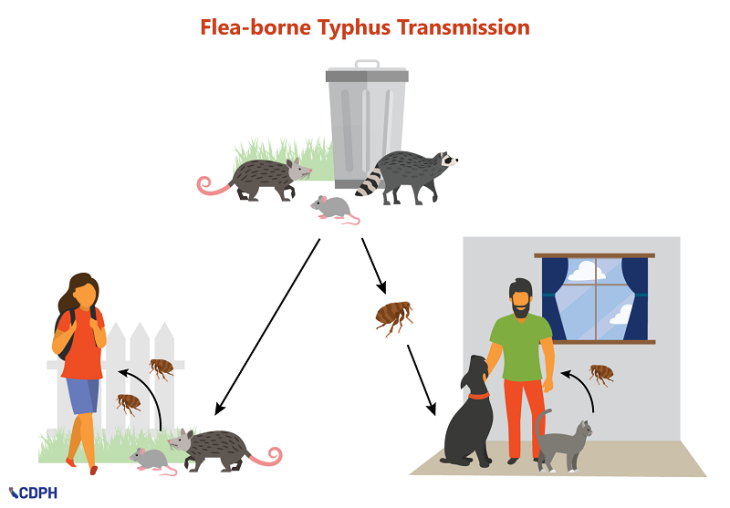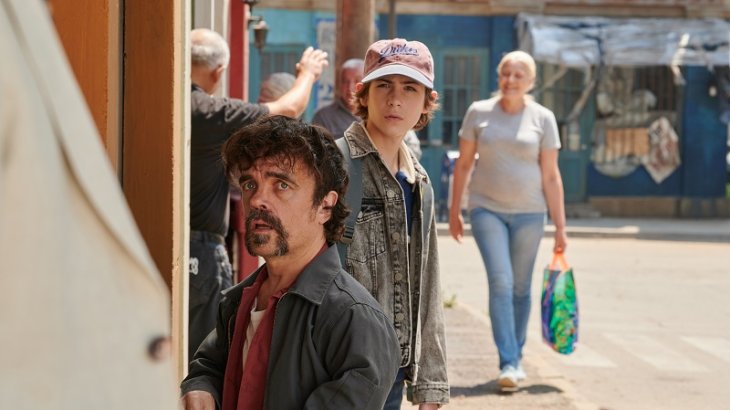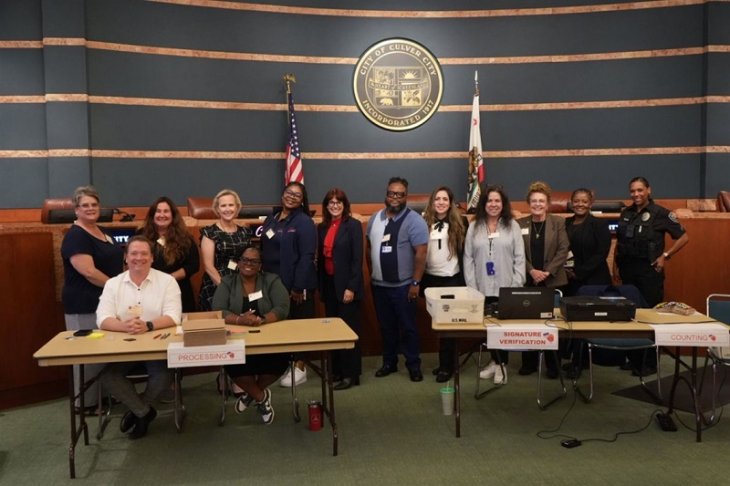
The Los Angeles County Board of Supervisors approved on June 10 the formation of an independent Office of Child Protection to reform the County’s troubled child welfare system.
It was one of 55 recommendations made by a Blue Ribbon Commission on Child Protection aimed at overhauling foster care and child safety.
In a 4 to 1 vote, the board adopted those recommendations and agreed to appoint a transition team to prioritize implementation. Supervisor Don Knabe dissented.
The commission spent eight months interviewing hundreds of witnesses and reviewing dozens of reports, including information on the 25 most recent child deaths linked to abuse and neglect.
“The Blue Ribbon Commission has made it clear in their recommendations that the county of Los Angeles is in a ‘state of emergency’ with respect to the child welfare system,” Supervisor Mark Ridley-Thomas said.
The commission concluded that those currently leading the Dept. of Children and Family Services, whose director is Philip Browning, lacked the expertise to change the system from within, but were optimistic about the possibility for reform.
“Other communities have turned around systems that are just as broken,” commission Vice Chair Leslie Gilbert-Lurie said.
In addition to an independent Office of Child Protection, the commission proposed structural changes to break down silos between departments. Some would require revising county ordinances, according to the board’s lawyers.
“The recommendations provide us a with a very clear roadmap,” Supervisor Gloria Molina said, adding that she envisioned the transition team “cutting through all the bureaucratic barriers.”
Others worried that a new agency and a second group tasked with overseeing implementation would add layers of bureaucracy.
“I agree with the diagnosis, but I certainly don’t agree with the cure,” Knabe said. He called the proposed OCP and a second group designated to oversee it too unwieldy. “You can’t even pick a menu with 19 people.”
Supervisor Zev Yaroslavsky, who had also opposed a large oversight committee, said the idea of an Office of Child Protection was “worth a try.”
Gilbert-Lurie urged the board to okay the concept without quibbling about the details.
“What matters is that the group is small enough to be facile and effective,” she told the supervisors.
Molina urged action now, saying that today was the one-year anniversary of the commission. She acknowledged upcoming changes on the board, as she and Yaroslavsky term out in December.
“We have to set the table and we have to do it now,” Molina said.
One recommendation for greater coordination between departments drew criticism from county employees.
Many public health nurses opposed the idea of having the Dept. of Children and Family Services involved in the medical treatment of foster children, saying it would muzzle their ability to advocate for children.
“You might as well place tape across our mouths,” nurse Lorena Garcia-Marquez told the board. “We will no longer be able to speak up.”
Some residents were skeptical about whether the new agency would make any difference and accused the supervisors of making cosmetic changes that would do little to prevent deaths such as that of 8-year-old Gabriel Fernandez of Palmdale.
Gabriel died in May 2013 after being tortured — allegedly by his mother’s boyfriend — despite repeated reports of abuse to DCFS.
The board disagreed about just how much leeway should be given to an independent OCP and put forth competing motions.
Yaroslavsky said he was “not prepared to write a blank check today” and called for more work in assessing the costs of reform.
Molina argued for giving the transition team and OCP a free hand, urging her colleagues to “let go.”
In the end, the board approved the appointment of a nine-member transition team, with five members to be handpicked by the board.
The board directed staff to begin a search for a director to lead the OCP and report directly to the board. The ultimate size of the agency was left open for discussion.
The CEO was asked to report back with more information on the cost of reforms and potential funding sources.
Knabe issued a statement expressing his disappointment.
“Instead of focusing on our social workers on the ground, who face extreme challenges and pressure to keep children safe from neglect and abuse, we created more levels of bureaucracy that do nothing to support them,” Knabe said. “We spent 18 months developing a strategic plan to protect our children, and before the ink even dried, we threw it all out the window and created the Blue Ribbon Commission. The commission spent another eight months coming up with many of the same exact recommendations we were already in the midst of implementing.”
In a telephone interview with City News Service, Yaroslavsky said the proposal amounted to a significant change in the way the county does business, forcing departments to work together horizontally rather than vertically.
“You need somebody who doesn’t have a loyalty just to the Dept. of Children and Family Services or the mental health department,” Yaroslavsky said.





















